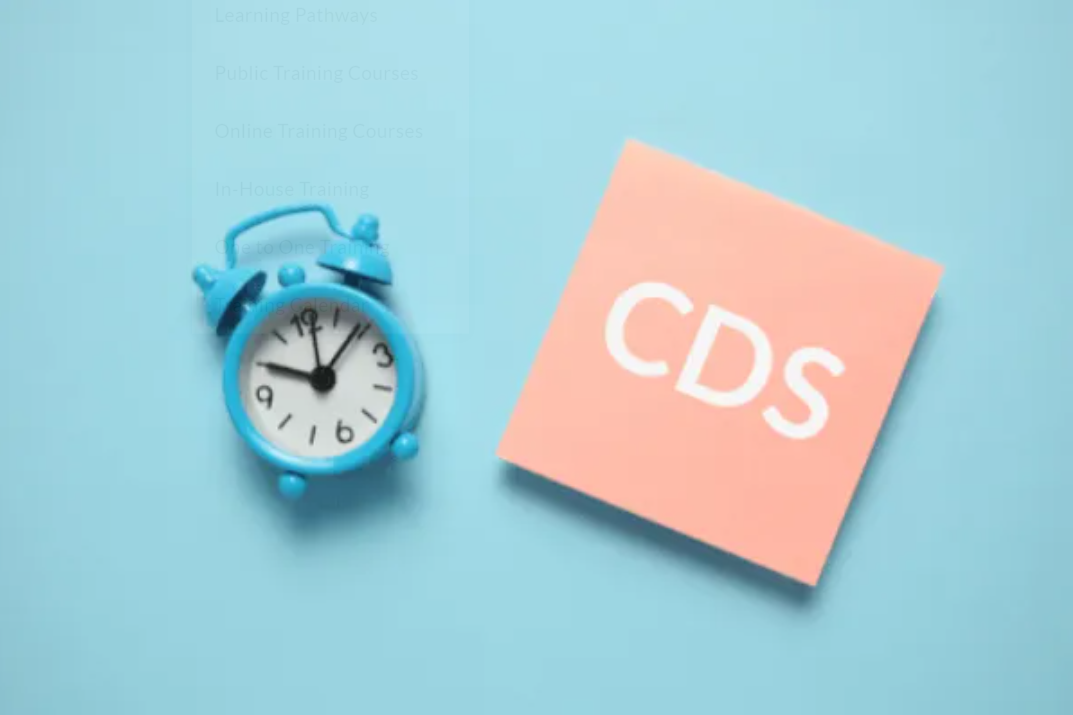BY:
SHARE:

Update to the notice made under the Customs (Records) (EU Exit) Regulations 2019. - Notice made under the Customs (Records) (EU Exit) Regulations 2019 - GOV.UK
The recent update includes the rules for the retention of records of imports or exports made under the UK’s preferential trade agreements and traders operating under customs authorisations.
What records have to be kept?
The records to be kept and preserved by a person (‘the relevant person’) under regulation 3(1) (https://www.legislation.gov.uk/uksi/2019/113/regulation/3) of the Customs Records Regulations are all of the documents and information relevant to:
- any customs obligation to which the relevant person is subject (other than a customs obligation in relation to a temporary admission procedure) and
- any act carried out by the relevant person in connection with a customs obligation (other than a customs obligation in relation to a temporary admission procedure)
This includes:
- documents and information concerning the import, export or declaration of goods by or on behalf of the relevant person
- documents and information concerning the discharge of a customs or export procedure (other than a temporary admission procedure)
- commercial documentation, including records concerning the movement of goods within the UK where these are relevant to a customs obligation of the relevant person
- documents and information relating to the calculation of UK customs duty, including evidence of eligibility for any lower rate of duty or relief
- documents and information relating to any remission or repayment of duty
- documents and information relating to evidence of UK origin that has been provided in relation to exported goods
How should they be kept?
Records required to be kept by the relevant person under Regulation 3(1) of the Customs Records Regulations must be kept and preserved in written or electronic form.
The records must be kept in a form that enables an HMRC officer to access them in order to assess whether the relevant person has complied with customs obligations.
What is the period of time that records should be held?
The period for which the relevant person must keep and preserve records under regulation 3(1) of the Customs Records Regulations (‘the relevant period’) is the period starting with the date the record is created or obtained by the relevant person and ending with the latest of any date that applies in relation to the record under:
- part A (standard cases) or
- part B (other cases)
Where mentioned in Part A or B, a ‘year’ refers to a calendar year unless otherwise stated.
Part A (standard cases)
- (a) Where goods have been declared for and discharged from a free-circulation procedure, and an amount of duty other than nil was chargeable, the relevant period ends 3 years after the last day of the year in which HMRC accepted the declaration.
- (b) Where goods have been declared for and discharged from a free-circulation procedure, and the amount of import duty applicable was nil, the relevant period ends 3 years after the last day of the year the free-circulation procedure was discharged.
- (c) Where goods have been declared for an export procedure, the relevant period ends 3 years after the last day of the year HMRC accepted the declaration.
- (d) Where goods have been declared for a special customs procedure (other than a temporary admission procedure), the relevant period ends 3 years after the last day of the year the customs procedure concerned was discharged.
- (e) Where goods have been declared for an outward processing procedure, the relevant period ends 3 years after the last day of the year in which processed goods or replacement goods are imported in accordance with the outward processing procedure.
- (f) Where goods have been imported and are not immediately declared to a customs procedure, the relevant period ends 3 years after the last day of the year in which the goods are declared to a customs procedure, or in which the requirement to declare these goods to a customs procedure was extinguished.
- (g) If not covered by (a) to (f) or Part B, the relevant period ends 3 years after the last day of the year in which the record was created or obtained by the relevant person.
Part B (other cases)
The relevant periods specified in Part A do not apply in the following cases 1 to 6 (other cases).
Case 1: Different period for retention specified in the Customs Traders (Accounts and Records) Regulations 1995
Case 1 applies where:
a record is required to be kept and preserved by the relevant person under both regulation 3(1) of the Customs Records Regulations and any provision of the Customs (Accounts and Records) Regulations and
the period for which that record must be kept or preserved under the Customs (Accounts and Records) Regulations is longer than the period specified in Part A
Where Case 1 applies, the relevant person must keep and preserve the record for the more extended period specified under the Customs (Accounts and Records) Regulations.
Case 2: Different period for retention specified in a customs authorisation
Case 2 applies where a record relates to:
- a customs obligation of the relevant person that is connected with the operation of a customs approval to which regulation 89 of the Import Duty Regulations applies and
- it is a condition of that customs approval that records must be retained by the relevant person for a period that is longer than the period specified in Part A
- Where Case 2 applies, the relevant person must keep and preserve the record for the longer period specified in its conditions of approval.
Case 3: Records relating to exported goods and evidence of UK origin
Case 3 applies where a record relates to a customs obligation of the relevant person in connection with:
- the export from the UK of goods for which evidence of origin has been provided
- the issue or production of evidence of origin for the exported good or
- notifications concerning this evidence of origin
Where Case 3 applies, the relevant person must keep and preserve the record until the later of the following dates:
- 4 years after the evidence of origin was created or obtained by the relevant person
- in cases where the evidence of origin has been produced for the purposes of one of the preferential trade agreements specified in Annex A, the end of the ‘exported goods minimum preservation period’ for the agreement, as specified in that Annex
Case 4: Records relating to imported goods and lower rates of UK duty under trade agreements
Case 4 applies where a record relates to a claim for a lower import duty rate available in the UK under one of the preferential trade agreements specified in Annex A.
Where Case 4 applies, the relevant person must keep and preserve the record until the agreement's end of the ‘imported goods minimum preservation period’, as specified in Annex A.
Case 5: inaccuracies in Customs declarations and remission or repayment cases
Case 5 applies to records that relate to circumstances in which either:
- paragraph 14 of Schedule 1 to the Taxation (Cross-border Trade) Act 2018 applies in relation to an inaccuracy in a customs declaration
- regulation 69 of the Import Duty Regulations applies in relation to remission or repayment of duty made in error
Where Case 5 applies, the relevant person must keep and preserve the record for a further 3 years, starting from the end of the relevant period specified in Part A.
Case 6: Appeals
Case 6 applies to records that are relevant to any customs obligations that are subject to:
- an appeal against an HMRC decision or
- any court or tribunal proceedings
Where Case 6 applies, the relevant person must keep and preserve the record until the date that the appeal or proceedings have finally concluded.
Annex A
Period of retention for records relating to the operation of Preferential Trade Agreements
| Preferential Trade Agreement | Imported goods minimum preservation period | Exported goods minimum preservation period |
|---|---|---|
| Comprehensive Trans-Pacific Partnership Agreement | 5 years starting with the date of importation of the good | 5 years starting with the date the evidence of origin is completed |
| UK - Australia Free Trade Agreement | 4 years starting with the date of importation of the good | 4 years starting with the date the evidence of origin is completed |
| UK-New Zealand Free Trade Agreement | 4 years starting with the date the origin declaration for importation of the good is completed | 4 years starting with the date the evidence of origin is completed |
| UK - Republic of Korea Free Trade Agreement | 5 years starting with the date of importation of the good | 5 years starting with the date the evidence of origin is completed |
OneCall™ Email assistance as and when required; A one-call solution for all your import, export and customs enquiries. Export help. Import help. Customs help.
Stay informed about customs and international trade matters by subscribing to our OneCall™ service. This comprehensive offering includes a dedicated email helpline for support, timely practical updates direct to your inbox (Did You Know?), monthly UK Customs & Trade Briefings and access to an interactive members' area with an exclusive community for our subscribers.
International Trade Updates & Spotlight Newsletter
Subscribe to our free information emails covering international trade topics...
MORE INDUSTRY INSIGHTS...









